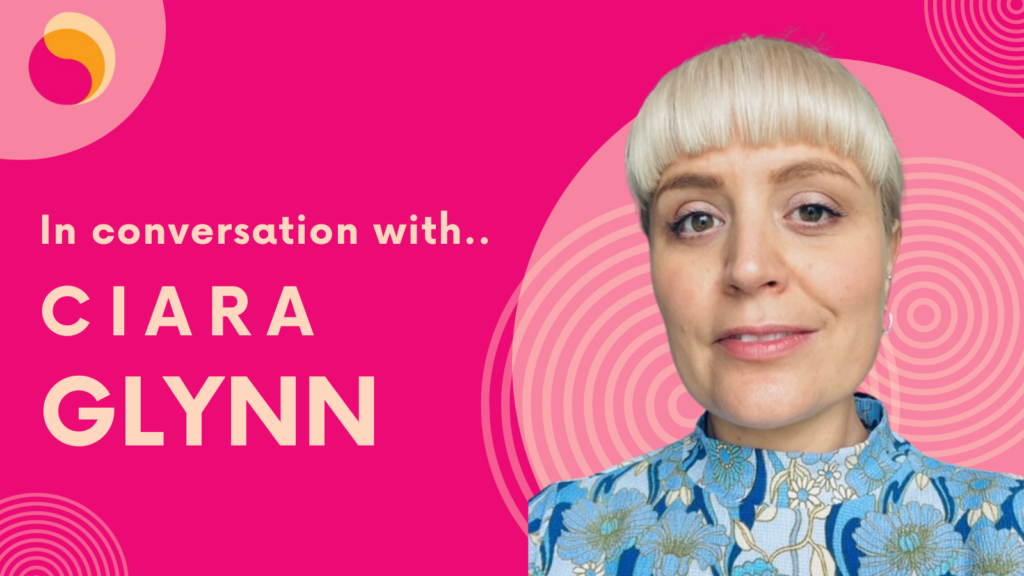
We sat down with the newest member of the MHR Board, Ciara Glynn, to find out a little bit more about her life and work.
As the newest board member, can you tell us a little about your work in the Irish mental health sector?
I’m a peer support worker and I was part of the first cohort of peer support workers, which is a new graded staff, that was employed by the HSE in 2017. I have been working in the HSE on a community mental health team for almost 7 years now.
I would say there are two parts to my role as I see it: peer support and advocacy.
One part is the work that I do with people and that’s really based on building a connection. I have my own experience of living with distress and recovery, and access to services. So I use all that experience in my role to be just there for people. So that’s one part of the role and then I see the other part of the role is really an advocacy piece.
The peer support history comes from a very activist and radicalized history of people standing up and wanting change in their services. I would be very vocal on the team about, you know, changing into more recovery-oriented practices, trauma – informed care and rights-based approaches
Can you speak a little bit about the importance of listening to the voice of people with lived experience in the mental health sector?
For me, it’s very important that we listen to the voice of the people with lived experience because historically the voice of the people with lived experience was shunned in services and in traditional practices of how we viewed and helped people who had mental health challenges.
Then I think for many years their voice wasn’t listened to and that’s why there were so many people I suppose harmed and let down by services. I mean, the lived experience piece to me, it’s knowledge, and it’s expertise in itself.
Unless you’ve received a letter in the door which said you were referred to psychiatric service, unless you left the house terrified having to go to an appointment, unless you’ve sat in a waiting area for hours waiting on a doctor, unless you’ve experienced involuntary admission, you know, unless you’ve really experienced any of those things, and you can have empathy, of course, so many people do, but you really, really don’t understand it.
So for me all of those things are knowledge. There’s power in all of that knowledge that services should really be honoring and acknowledging that that is a knowledge base in itself. We should bring in the lived experience voice to the forefront of everything we do, it’s of great importance.
What would you consider to be the most pressing or one of the most pressing issues in mental health in Ireland today?
I suppose for me, the overarching issue that encompasses all the issues is the need for a paradigm shift away from the biomedical model towards the more rights-based, recovery-oriented, person-centered, trauma-informed approach.
Globally, there is a call, a call that can’t be ignored for this shift. We really need to reconceptualize how we actually support people with mental health difficulties.
In Ireland, we need to update the Mental Health Act. I know Mental Health Reform has done great work on that, which I very much support, to be more in line with legislation on the United Nations Convention on the Rights of Persons with Disabilities (UNCRPD).
I do want to just acknowledge that there are pockets of change happening. Peer support is one example and the employment of peer support workers, you know, hints at us moving towards this paradigm shift.
Finally, what area of Mental Health Reform’s work are you most excited to learn more about and get involved in?
I’m really interested and excited about learning about the inner workings and the processes around how you engage and collect the views of the members, and then represent the members.
I’ve also had an interest in the political side of engagement, how you take your members’ opinions and represent them to the Government. I’m also looking forward to meeting members of your Grassroots Forum, and seeing how they guide our work.

